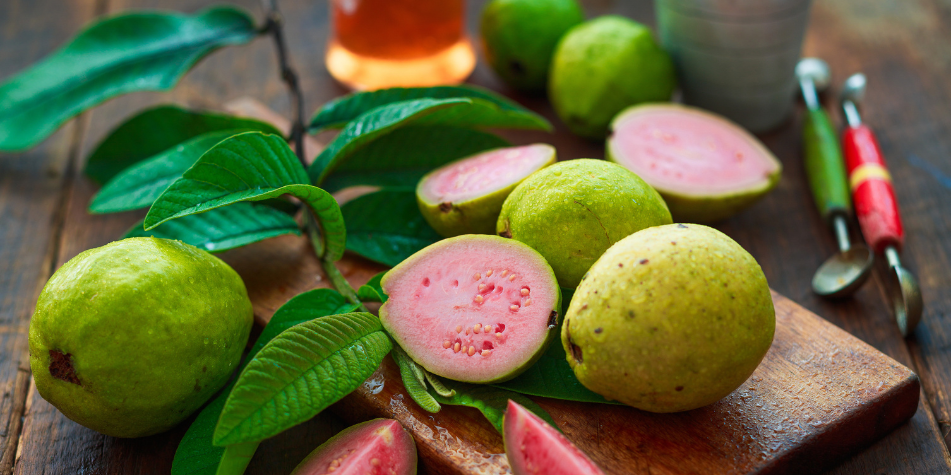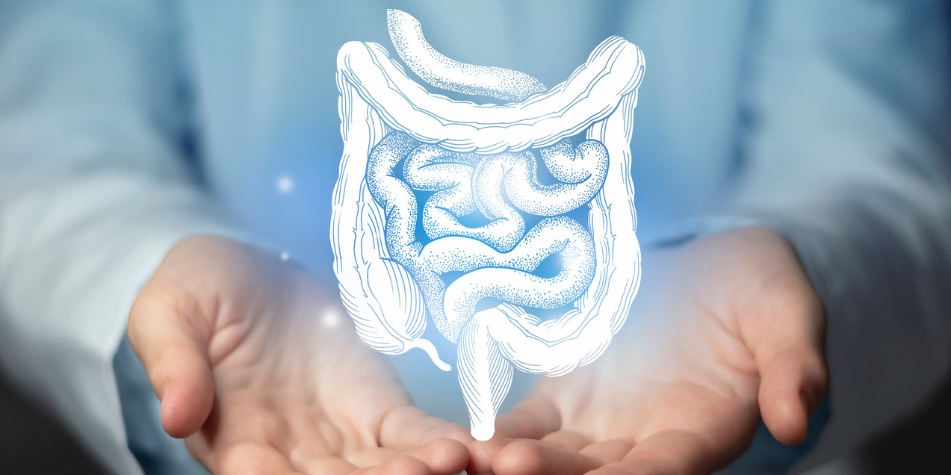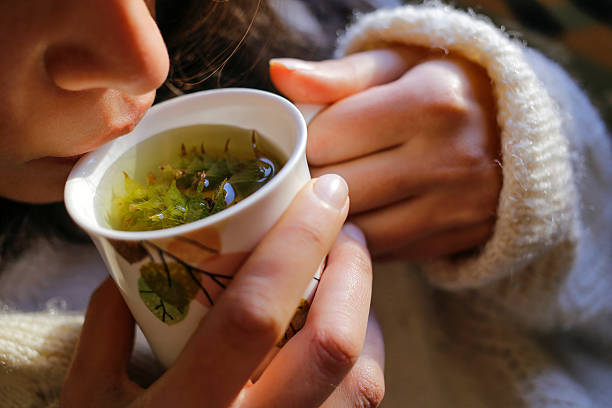The healing properties of guava leaf tea: how to prepare it and what it's good for, according to science

Guava , native to Central America and cultivated in tropical areas around the world, is a plant appreciated not only for its fruit, but also for its leaves, which are used in the form of infusions and supplements.
While the fruit stands out for its high content of vitamin C, fiber, and potassium , recent studies reviewed by platforms such as WebMD have focused on the therapeutic benefits offered by tea from its leaves, especially in the digestive, immunological, cardiovascular, and metabolic areas.
Various clinical trials and scientific reviews agree that guava leaf tea can be useful for treating various conditions. One of its most documented effects is its effect on gastrointestinal health.
In this regard, the fruit and its leaves offer a combined action: the fiber promotes intestinal transit , and leaf extracts have been shown to reduce the severity of diarrhea in experimental tests. Furthermore, its antimicrobial properties inhibit the growth of harmful intestinal bacteria.

Research links guava tea with digestive and metabolic benefits. Photo: iStock
- Digestive benefits: The compounds present in guava have been shown to have a positive impact on intestinal health, reducing the symptoms of diarrhea and protecting bacterial balance thanks to their antimicrobial effect.
- Immune support: Its high concentration of vitamin C—a single guava provides more than double the recommended daily amount—strengthens the immune system. According to studies analyzed by WebMD, maintaining adequate levels of this vitamin could reduce the duration of colds and improve the immune response to viruses and bacteria.
- Impact on cardiovascular health: Both the potassium and antioxidants present in the fruit and leaves contribute to regulating blood pressure and protecting blood vessels. An infusion made from the leaves has also been linked to lowering total cholesterol, which represents a reduction in the risk associated with cardiovascular disease.
- Blood sugar control: Research on the polyphenols contained in the leaves indicates that these compounds help regulate carbohydrate metabolism. In this way, they promote blood glucose stability and better metabolic health.
- Menstrual pain relief: Guava leaf extract has been studied in the treatment of menstrual pain. A scientific article published in PubMed concluded that "a daily dose of the extract was more effective in reducing cramps than common analgesics such as ibuprofen," a result attributed to its anti-inflammatory and relaxing action on uterine tissue.
- Anti-inflammatory properties: The same effect that relieves menstrual pain has also been observed in muscle and joint conditions. Consuming this infusion can be a natural alternative for people looking to reduce inflammation without resorting to drugs.
- Antimicrobial effects: The flavonoids, tannins, and organic acids found in the leaves exhibit activity against microorganisms such as bacteria and fungi. This explains why tea has traditionally been used for oral care or to support minor infections.
- Wound healing: The plant's antioxidants and bioactive compounds contribute to tissue regeneration, which accelerates the healing of minor wounds or irritations.

Guava leaf tea improves digestion and cardiovascular health, according to studies. Photo: iStock
Making guava leaf tea is simple and can be done with fresh or dried leaves. The recipe shared on Nutrium by nutritionist Lola Prieton recommends:
- Boil between six and eight leaves with three cups of water along with a cinnamon stick.
- Let the mixture simmer for about ten minutes.
- Once the time is up, strain and sweeten with a little honey if desired.
This infusion is best consumed hot , especially after meals, to aid digestion. Its homemade preparation allows you to benefit from the plant's active ingredients in an affordable, everyday way, without the need for processed supplements.

Before consuming this infusion, consult your doctor. Photo: iStock
In addition to the benefits associated with its leaves, fresh guava also represents a significant nutritional source. According to data published by WebMD, a serving of the whole fruit contains approximately 37 kcal, 0.5 g of fat, 0 mg of cholesterol, 1 mg of sodium, 8 g of carbohydrates, 3 g of fiber, 5 g of sugar, and 1 g of protein .
Essential micronutrients such as vitamin A, iron, and calcium are also identified. It's worth noting that a whole guava covers about 12% of the daily recommended fiber intake and far exceeds the amount of vitamin C found in an orange.
The Nation (Argentina) / GDA
More news in EL TIEMPO *This content was rewritten with the assistance of artificial intelligence, based on information from La Nación, and reviewed by a journalist and an editor.
eltiempo




